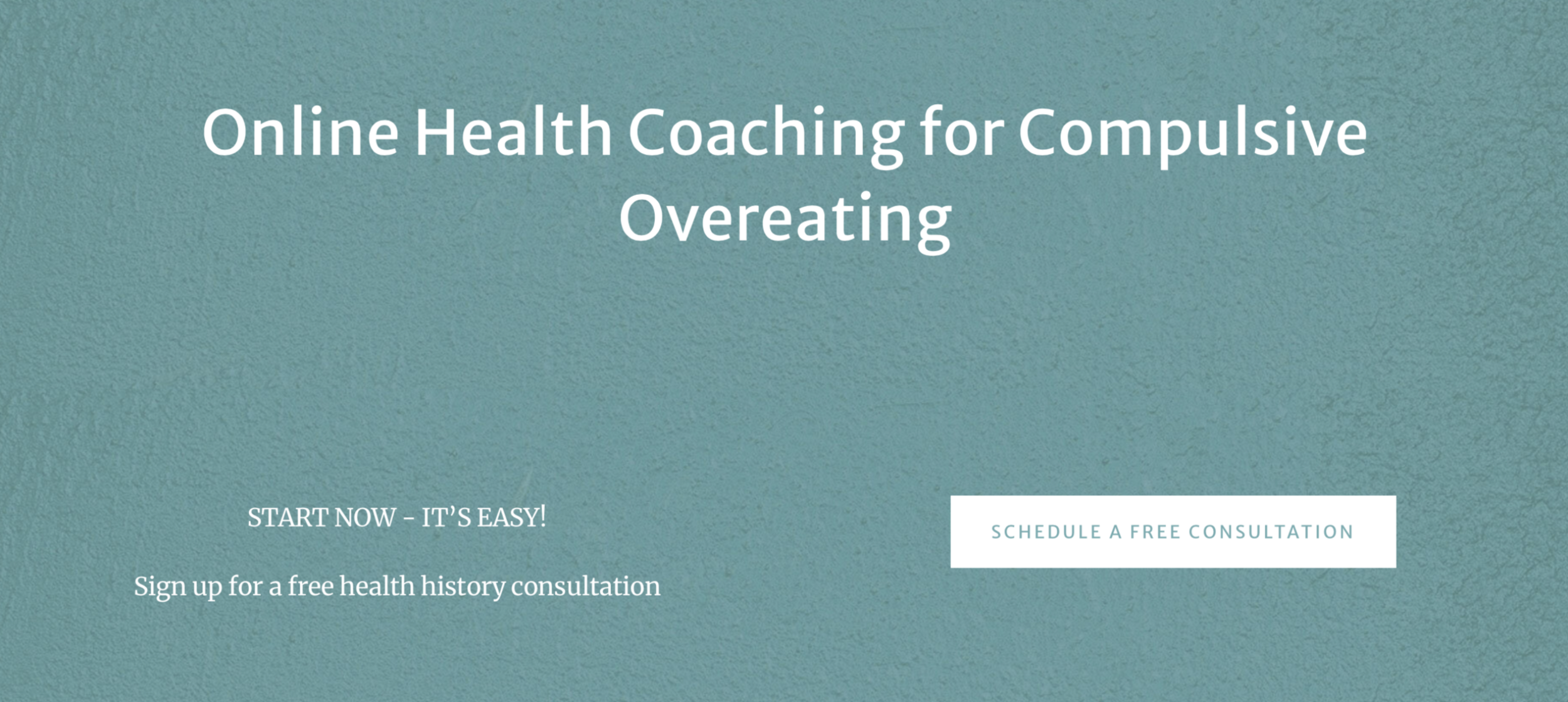Can Being Drunk Cause Binge Eating?
The issue of excessive alcohol intake has been a problem in society for years and there are alot of health risks associated with it. Complications can arise from alcohol abuse even to the point of shortening the lifespan. Many people have argued that alcohol consumption has its benefits; drinking a little does not pose any threat in most cases.
But the problems arise when people abuse alcohol. Driving under the influence, also known as DUI, has caused many fatalities. It is also important to note that people who drink recklessly have higher chances of developing diabetes and high blood pressure in the long run. However, alcohol does not cause diabetes directly, but it can increase the risk of developing it. Excessive alcohol intake is linked to emotional and compulsive overeating.
Binge eating disorder is the frequent consumption of very large amounts of food that surpass the feeling of satiety in a short time span of a single sitting. There is a lack of control due to the addictive and obsessive components of it, causing feelings of guilt, self-loathing, frustration, helplessness and hopelessness . This is a common experience for many heavy drinkers as well. Due to the high sugar and caloric content of alcoholic beverages, excessive drinking can lead to weight gain and poor health.
Alcohol and False Hunger
Have you ever wondered why you get so hungry when you’re drinking alcohol, even after eating a heavy meal? This is called false hunger. If you drink frequently, you've probably experienced this. A study was carried out to monitor the behaviors and eating patterns of inebriated mice. They found that these mice consumed more food than their sober counterparts. They also studied the mice's brains and found that specific neurons in the hypothalamus (the part of the brain responsible for appetite regulation) were affected by the alcohol and caused extreme hunger. The study concluded that alcohol can increase hunger even though the user has had sufficient food to be satiated.
How Drinking Affects Your Appetite
Drinking triggers multiple areas of the brain that are linked to eating and appetite inducing you to feel hungry. It heightens your response to the smell of food. It was also discovered that alcohol can impact the type of foods craved, which are high in fat and salt, leading to consumption of more calories than the body needs and weight gain. Before drinking, be mindful of what it can do to your appetite. Those who drink often, make themselves prone to unhealthy eating habits, leading to several other health complications.
Can Alcohol Make Me Fat?
The answer is yes. Alcoholic beverages can be high in calories and carbohydrates. In addition, the food that you’re likely craving when drinking will lead you to consume extra calories. Moreover, alcohol's effect on various parts of the brain can compromise your vigilance for sticking to a plan of eating and will most likely lead to weight gain.
What Happens in Your Brain When You Get Drunk?
Galanin is a protein in the hypothalamus of the brain that is involved in the craving link between alcohol and food. As the alcohol consumption increases, so does galanin and the craving for more alcohol. Eating fatty foods increases galanin as well, which also makes you want more. These are vicious cycles to break, once started. It is important to note that a high level of galanin has been discovered in those with eating disorders. However, there are many factors involved in eating disorder development. Based on credible research and observations, it has been found that about 50% of people with binge eating problems also abuse alcohol or have other addictions as well.
Conclusion
If you have binge eating disorder, cutting back on alcohol may help. The data is conclusive that alcohol can increase overeating. It can weaken your vigilance for sticking to your food plan and lead to other physical and emotional issues if not well regulated.

